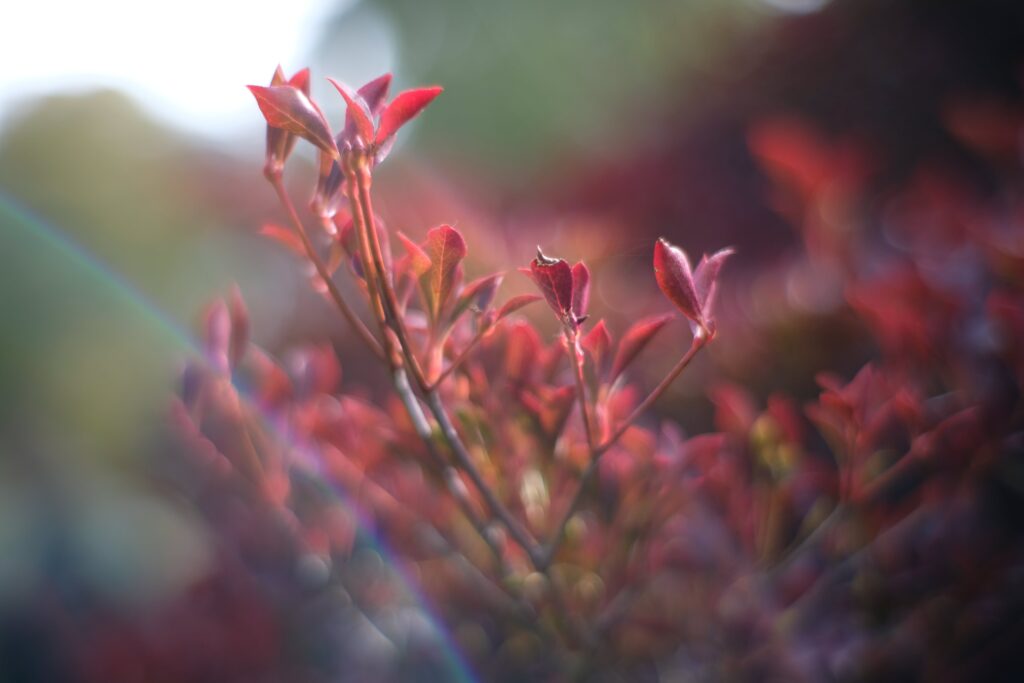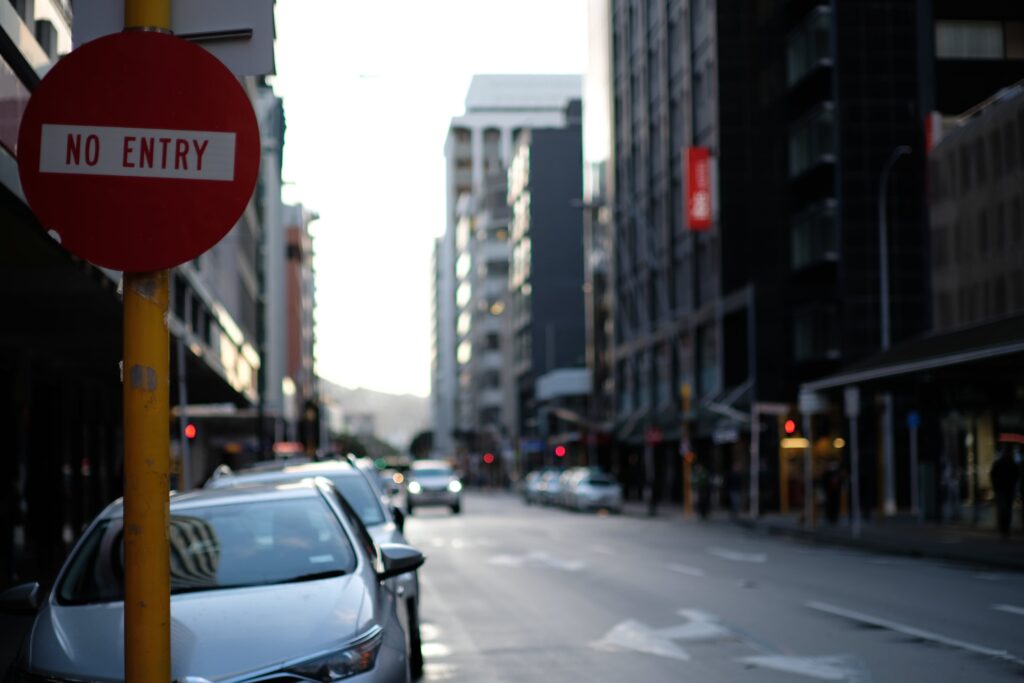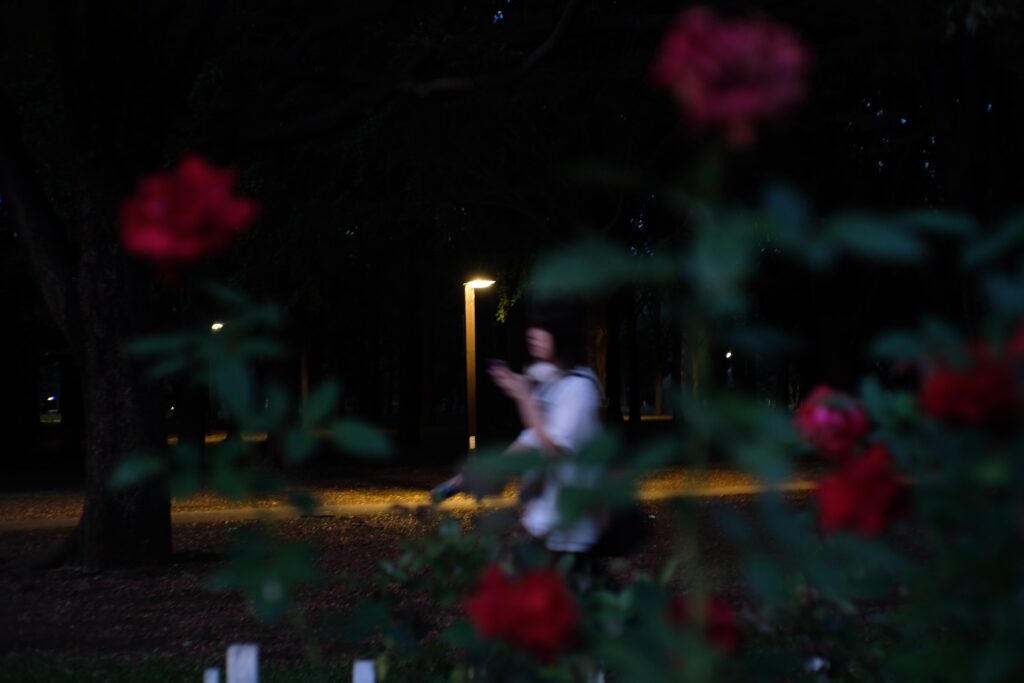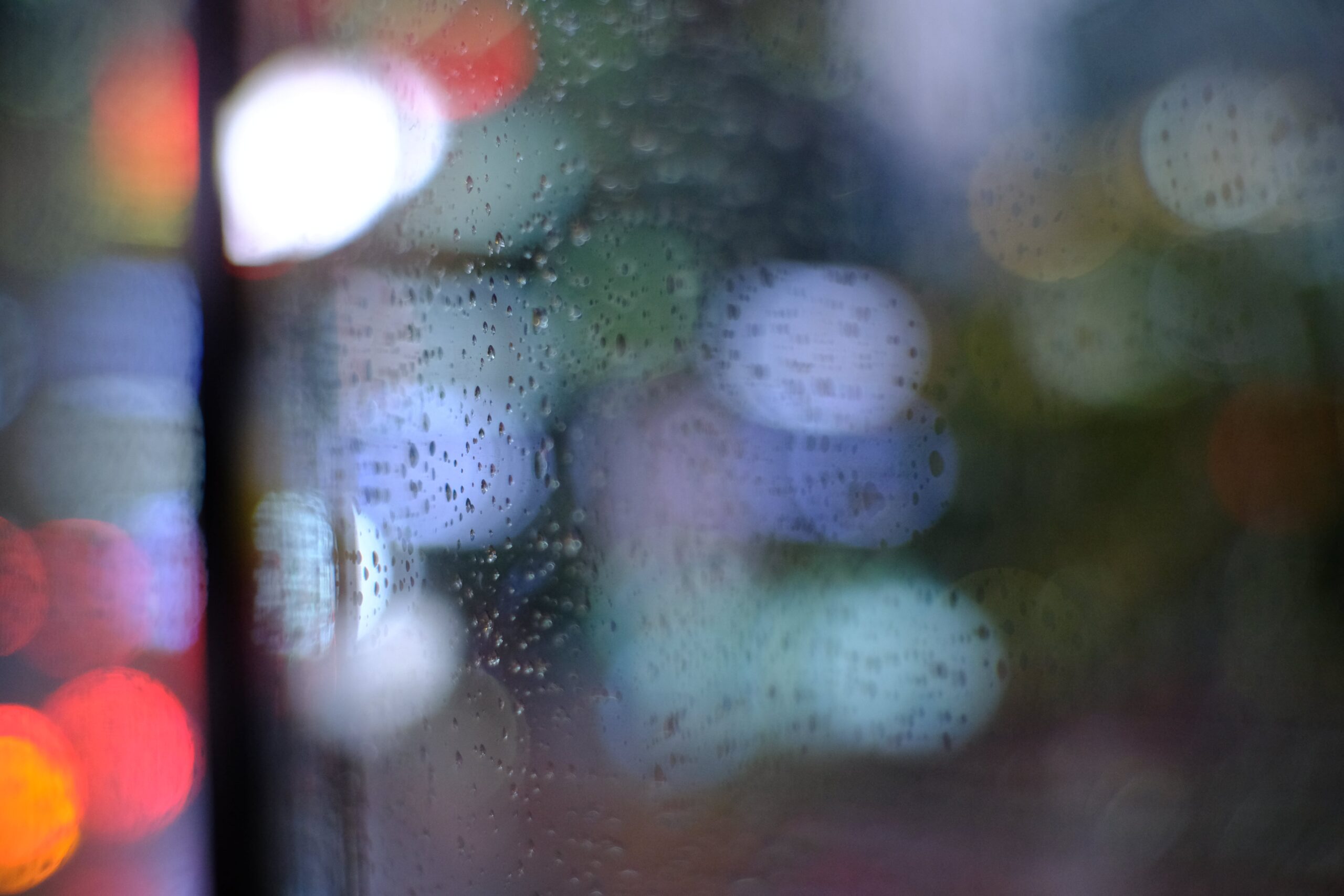Content warning: sexual assault, grooming, abuse
My ex got me into photography. The exact details are lost to years past and a willingness to forget, aided by a particularly nasty brain injury; even so, I remember that clearly enough. I was fifteen when we met, she was twenty-seven or twenty-eight, something like that. Not yet thirty. She was working on a PhD at a prestigious Californian university in mathematics and computer science. I was struggling with accelerated mathematics at university, and needed help.
I got a C, but she did help. The next year, as I caught the bus from high school to university to attend my afternoon computer science classes, she helped more. Talked to me more. I spent my school days with my phone hidden in the frayed sleeve of my second-hand school jersey.
Those were days defined by their technology. My ex spoke lovingly about her full-frame Nikon, too heavy for my weak wrists. My classmates had the earliest iPhones; I touch-typed with T9 on a Nokia old enough to be indestructible but new enough to have cellular data. One simple Symbian app let me connect to IRC, Facebook Messenger, and all the other platforms; none of us had phone cameras anywhere near good enough to replace dedicated cameras, not yet.
It was in that context that she bought me my first camera. It was a refurbished Kodak point-and-shoot, nothing special except that it had manual controls, so I could tinker with my shutter speed and ISO and see what happened. It was enough for me to fall in love.
Photography is one of the many arts that relies on science. My ex was always heavily focused on the technical aspects of it, resolution and clarity and getting the most optically perfect image she could. She took excruciatingly detailed photographs of everything she saw, lugging around a quarter of my weight in glass and metal, and uploading them all to Flickr and Wikimedia Commons as public-domain photographs. She saw herself as a tool with which people could experience the world through her tireless documentation. She saw me as a tool with which she could extend her reach.
Even then, my eye was different from hers. Quite aside from the quality of the second-hand cameras she bought me—the second one was a Samsung compact-system camera, its organic shape much like the contours of my teenage body—I staged photographs, still lifes and oversaturated portraits and dramatic, underexposed night shots dense with mood and sparse on detail. She calibrated her shots for precision. I calibrated mine for pleasure, though I didn’t know it yet.
In hindsight, I should have realised that we were different. My Creative Commons-licensed pictures were picked up by psychology blogs, articles about depression and post-traumatic stress and abuse. Hers sat crisp and proud in science magazines. I angered an older churchgoer by taking more personable candid shots of children at a church event than they did, with a cheaper camera. My ex got detained at a Canadian airport for using thousands of dollars of hardware to take painstakingly comprehensive photographs of the carpet, zooming in on staff-only areas. She was a civilian and (at that point) very much read as an amiable short white man. Nonetheless, she’d alarmed security enough for them to handle her like a terrorist.
I found that funny at the time. Seventeen, I’d thought of her as the idiot of the two of us. The one who made bad decisions in rapid succession, the one who needed saving. She, on the other hand, had already pinned me to the foot-wide kitchen counter of a caravan in a West Auckland motor park and told me that I was damaged goods. That it didn’t matter that I’d been raped as a nine-year-old, because I had not had a consensual first time, and it could be hers. And she would make it good.
(I didn’t exactly have high expectations, but it wasn’t good. She’d flown in to see me the moment I was sixteen-and-legal; I’d gotten a copper IUD put in without my parents’ knowledge. It felt like we both had invested too much for it not to work.)

Photography followed me through the years, and so did she. I was constantly available to her, balancing her demands against school rules and the naive control of my fundamentalist parents. She helped me evade their aggressive Internet filters, installed in lieu of parenting; she told me about her own ex, an older woman who’d helped her set up a continuous livestream of her undergraduate dorm room. Who told her when to eat and sleep. Late one night, I imagined it—the little green light above the impassive lens, all night. Blinking. Capturing moments not meant to be seen. She didn’t see it that way. She’d thought it was romantic. Even then, I knew better.
We visited home, as many migrants do; I picked up a second-hand lens, duty-free. (I was easy to buy for. My parents, disengaged and overbearing, liked it.) Then another: a pancake that rapidly became my favourite. It made my camera pocketable, allowing me to shoot from the hip and pull it out of my coat to snap people on the street without them noticing.
All this time, stifled by the demands of a home life that involved twenty hours a week at church and a partner who had offered me freedom but became a second captor, I was desperately lonely. I reviewed my photographs late at night, zooming in on strangers caught in joyfully perfunctory moments. Who were they? What did they think? How did they live, walking down the same streets I walked, as people whom I could have reached out and touched?
I dreamed of romance. Not lovers, but happenstance. The whirlwind poeticism of meeting a stranger and dispensing with small talk entirely. Baring your soul. Being understood, for a fleeting moment. I started writing poetry. My ex said she understood, but she began to bore me. I began to realise that I was yearning for something she could never appreciate.
She flew back when I was eighteen and took me to Wellington. Handcuffed me and fucked me in a rickety metal-framed bed that screamed with each thrust in the motel on Taranaki Street. I floated above myself and listened to the woman shouting herself hoarse above us, the man raising his voice in turn. At the Botanic Gardens, my ex raised her camera to the houses peppering the higher ground around us. Focused her heavy telephoto lens, then snapped just once. She showed me what she’d done: zooming in, forty megapixels down to four hundred pixels at full resolution. Her camera was good enough to peer into the little house on the hill. Caught in motion, a man undressed. No neighbours could see through the window that looked out on Wellington below. But she had. And now I had, too.

Our breakup, when I was nineteen, was acrimonious: she asked why I hadn’t reported her to the feds, if I truly thought she’d exploited me. She published a poem admitting to being a rapist, so transparently about me that mutual friends were the first to let me know. She stalked me across the Internet. Messaged my newfound university friends. I flunked out of class after class, scraping together the energy for late withdrawals and meetings with disability services. I’d recently been kicked out by my parents when my growing crush on my now-wife outed me; I brought my camera with me when I ran, but I couldn’t stand to look at it. That pancake lens, focus ring worn with wear, had gotten jammed at some point. It didn’t work any more.
It took me years to feel comfortable pointing my camera at anyone else again. For a time, I owned a bulky Canon that my hobbyist photographer father-in-law gifted me, water-damaged but usable. I set it up to use my laptop as a remote shutter and took photos of myself for my sex work website, carefully cropping out my face and the quirks of our cramped Kingsland rental. I never left the house with it. I didn’t want to be her, carrying half my weight in glass, viewing people as objects for disassembly. I didn’t want to be me, staring down the barrel of her massive camera. Half-reclined on that caravan bed, sixteen. Pinned in place. At least my clients left me alone when they’d gotten off. At least my hooker photographs, nowhere near as sharp as hers, were only uploaded to the Internet under my explicit control.
After I finally struggled through my Bachelor’s, an ordeal that took me from fifteen to twenty-three, I found a job that required some travel. My new colleagues were friendly, though it was terrifying moving from brothels to a tech world both familiar and completely alien. None of them reminded me of her. All of them were kind, even if I never explained that PHP made me freeze because she’d taught it to me. All of them dabbled in photography.
I bought another compact system camera. All I wanted from it was the friendly portability of that Samsung she’d bought me. That pancake lens. I brought my new Fujifilm on my first work trip, then every one after that. Several teammates, who also valued portability, shot Fuji too. We traded batteries when we ran out. I couldn’t justify buying a new pancake lens, but my lead did on my recommendation. Falling behind in the bustle of one Asian city after another, exhausted from professional socialisation, I watched my teammates’ backs. I raised my camera.
Before every work trip, we filled out a form. The last question asked: are you comfortable with photos of yourself being taken or posted?
Yes, I chose, the first time. Post them anywhere. Then, each trip after that, learning my limits with people who didn’t want to hurt me: Yes, only posted internally. Or Take what you want, but show me and I’ll decide.
My photographs of my colleagues are perfectly imperfect. Blurry, shutter speed too slow for the low light and motion of a city night. But my ability to make myself small and imperceptible, honed at home and church and under my ex’s weighted gaze, makes me good at candids. The romantic in me, or perhaps the autistic in me, yearning always for mammalian intimacy, chases vivid split-seconds of pensive thought or bright laughter. And gets them.

Perhaps that knock to the head is the reason I’m drawn to the style I enjoy as a photographer—nothing sophisticated, shooting at ridiculously wide apertures so just a narrow sliver of image is in focus. Everything else blurs out, the bokeh not creamy so much as abstract, geometric and unsettling in the way that things can be when you shoot with the cheapest third-party manual-focus lens you can find that has the f-stop you want. It’s romantic, still, as we’ve come to think images with defocused backgrounds are. It’s how I see all the time. I twist the focus ring on my camera the same way that a year of post-traumatic brain injury vision therapy taught me to heave my eye muscles back into looking at whatever it is I needed to see. Deciphering the world is a conscious effort.
One night, my wife took a break from the third Ace Attorney game. We washed the dishes left over from a day of baking and talked about the series’ villains.
“That’s the thing about my ex,” I said, absently. I rinsed chocolate from my fingers. My movements were brusque and unsteady, though I hadn’t realised it yet. “She’s most like Kristoph, you know? In a lot of ways, but… she knew what I needed. She knew I needed to be useful. To love by helping. And she came out to me, and asked me to help her transition.”
My wife—also a trans woman—braced herself against the counter. “I didn’t know that.” Her Switch was still on, tinny music from Trials and Tribulations piercing the sudden quiet. “I’m sorry. I didn’t know.”
Until that moment, I hadn’t known either. I hadn’t ever said it out loud, brought those words into being. Nervous laughter bubbled through me. I felt that instinct to apologise, that shame that I thought I’d completely excised with years of turning my cards face up and writing about trauma for the world to see.
That’s the thing I’ve always liked, that moment. Shooting wide open when the air is noisy with wind, adjusting my shutter speed quicker and quicker until the preview stops being blown out by glare and blur. Until something you can’t see with the naked eye finally slides into crisp, sick focus.
Featured image: Seoul, 2022. All photography courtesy of author.



